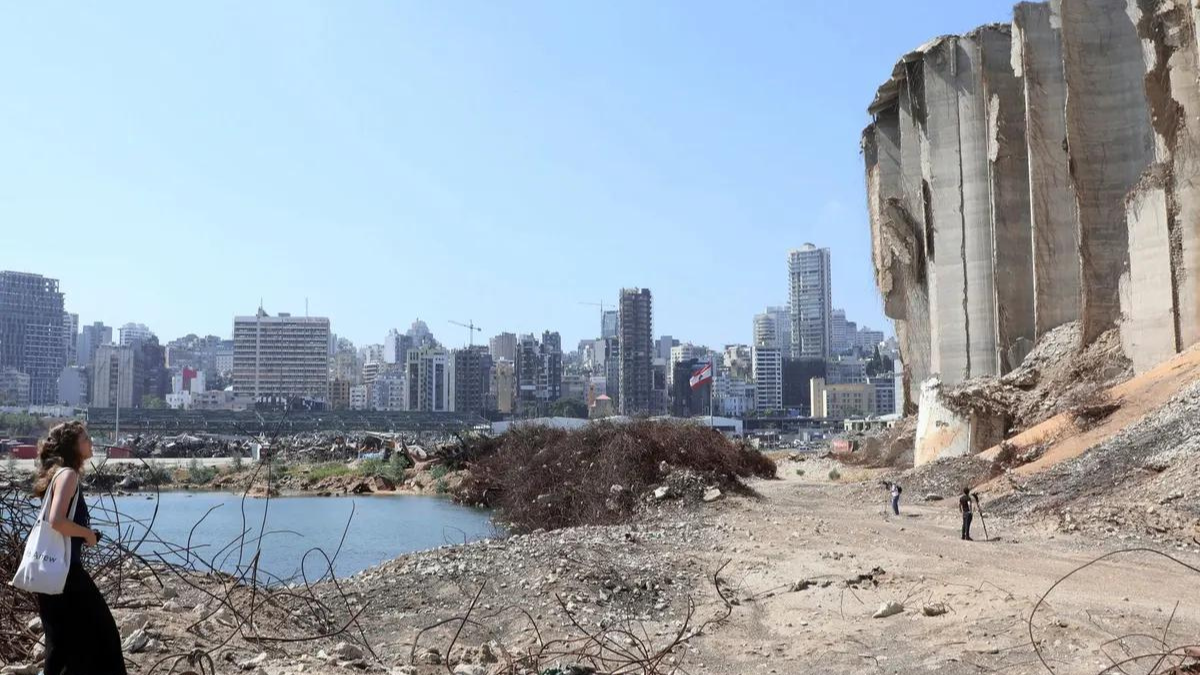On August 4, 2020, the Lebanese capital of Beirut witnessed one of history’s biggest non-nuclear explosions, that destroyed a major portion of the city, littered roads with mountains of broken glass, killed over 220 people and injured at least 6,500.
The massive explosion destroyed much of Beirut port and was heard by those as far away as Cyprus. It left a 141 feet deep crater and registered as the equivalent of a magnitude 3.3 quake. The disaster spread chaos, with scores of bloodied survivors flooding overwhelmed hospitals.
Three years on, the investigation into the traumatic incident caused by a vast stockpile of poorly-stored ammonium nitrate remains stuck in legal and political arguments. Rights groups and families of the victims have urged the UN to create an independent fact-finding mission.
Timeline Of Events Following The Mega-Explosion
Former Prime Minister Hassan Diab resigned on August 10, 2020, under intense pressure over the blast. In December that year, Fadi Sawan, the lead investigator examining the incident, charged Diab and three former ministers with negligence.
But the probe didn’t last long as two of the accused filed a complaint and Sawan was removed from his post by court order. The following year, in July Tarek Bitar, the new investigating magistrate, moves to question four ex-ministers but parliament stalls on lifting their immunity.
Following a series of court challenges, Bitar is compelled to suspend the investigation. In October 2021, hundreds of Hezbollah supporters and allies gathered to protest against the judge. At least seven people got killed in gunbattle during the demonstration.
ALSO READ: Hollywood’s ‘Oppenheimer’: Glamorizing Nuclear Power or Shaping Global Perceptions
At the end of the year, Bitar resumed his probe but is compelled to suspend work less than two weeks later as more legal challenges piled up. 13 months after the suspension, the judge resumes work and charges eight individuals with probable intent to murder and other crimes.
One of the accused, Prosecutor General Ghassan Oueidat, in turn, charged Bitar with insubordination and “usurping power” but the investigator refused to step down. He also ordered the release of all those arrested over the deadly explosion, leaving the probe stalled.














